Tradition in modern world
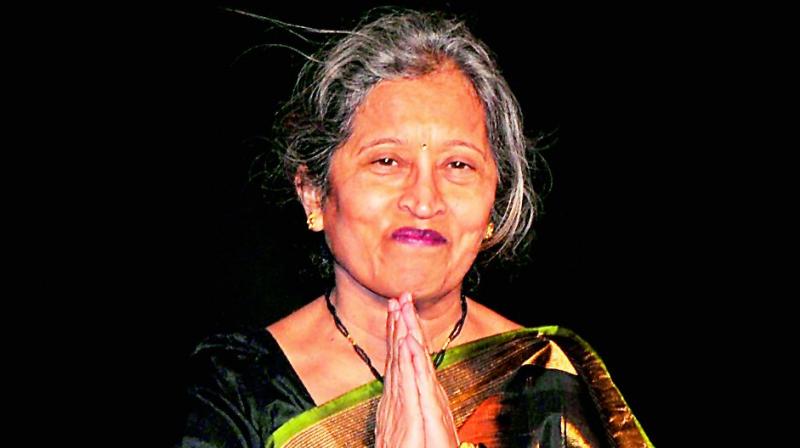
Renowned Kathak dance Guru Shama Bhate spoke about the changing needs of music for Kathak dance. “Today most of the Kathak dance has become more fast-paced and aggressive. This has also changed the musicality. In the past a few musical instruments were used to give accompaniment for the dance. Now the music is more multi layered with many instruments. More artistes prefer to conduct their programs on recorded music. Gathering musicians for continuous practice has become practically become difficult due to time and financial constraints. Many a times, the top grade musicians do not want to perform live as accompanists for a dance program. But they are more than willing to record music for a dance production,” she shares.
Classical Odissi singer Ramahari Das shares that musicians needed to visualise the story being conveyed by the dance while creating music for it, a practice that was quickly being forgotten in this modern age.
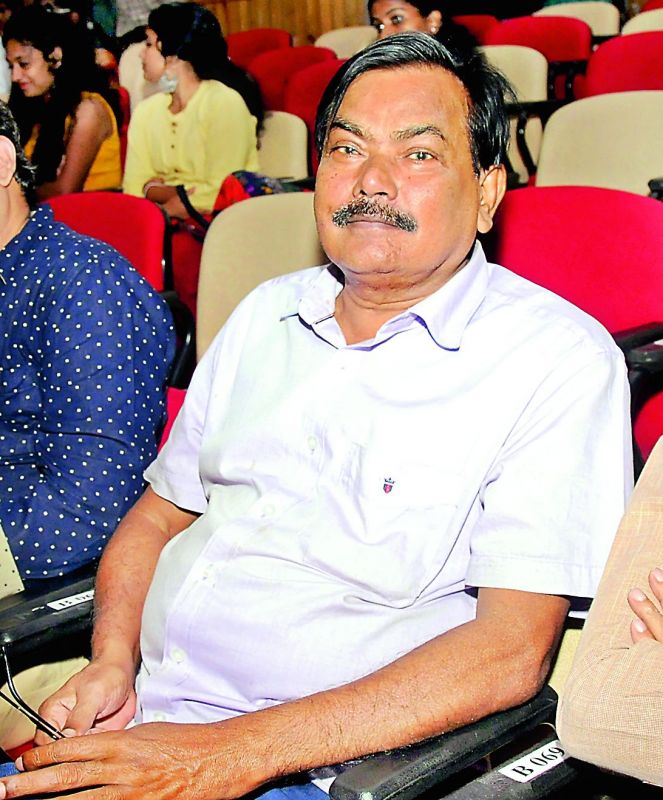 Classical Odissi singer Ramahari Das
Classical Odissi singer Ramahari Das
“Can you believe that Odissi Guru Pankaj Charan Das once started hopping like a deer and pretended to eat grass so that his disciple Balakrushna Das could exactly understand what music had to be composed for that particular scene? Composing music for a solo performance, a duet, a group, or a dance-drama require different thought processes. But today, there’s less time and everyone is in a hurry. The finer nuances of dance and music are being lost,” he shares.
Today, time is less and everyone is in a hurry. The finer nuances of dance are being shortened and so is the music. Dance Critic Dr Sunil Kothari feels that recorded music could avoid mistakes that could occur by live accompanying musicians.
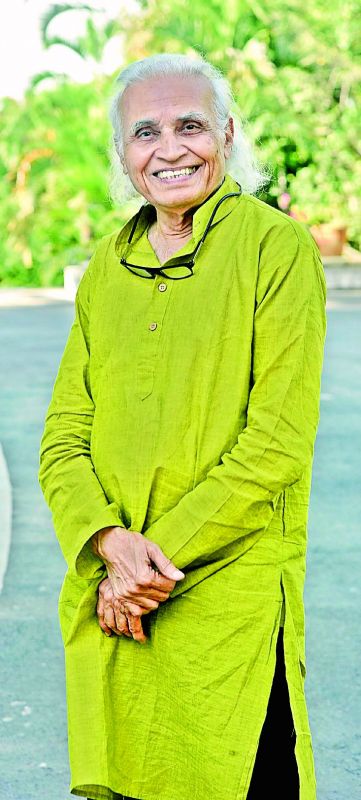 Dance Critic Dr Sunil Kothari
Dance Critic Dr Sunil Kothari
“The spontaneity of creating something magical is lost. Experiments are always welcome. But trying to work with ‘Tchaikovsky’ music for a Bharatanatyam recital would be far to fetched. Trying to add western music to Hindustani songs would also not match the emotions of traditional dance. All this should be carefully done so that dance becomes an agent for change in society,” he shares.
Former Director General of Indian Council for Cultural relations (ICCR) Suresh Goel feels that there is need to develop India as a brand through its rich heritage and culture.
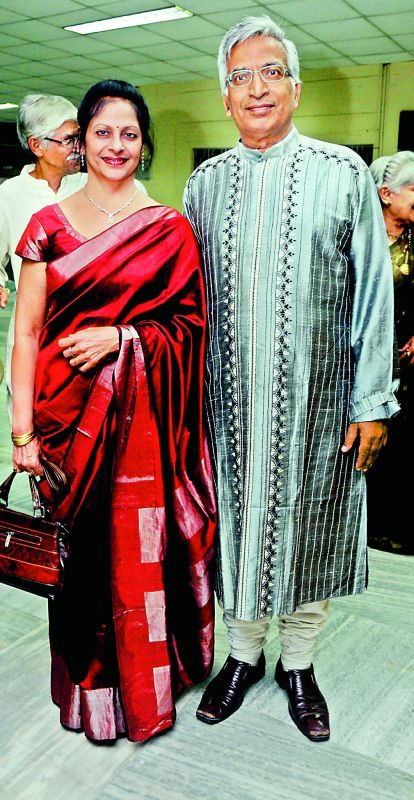 Suresh Goel and Shalini Goel
Suresh Goel and Shalini Goel
“We are known abroad because of Swami Vivekananda and cultural Icon’s like Pandit Ravi Shankar. Patronage of culture need not be politicised. There is no need to try and establish cultural identity based on a region or other means which could lead to fragmentation and division of art and artistes. It is also very important to think about how an Indian performance can relate to an audience in any country abroad,” he shares.
Founder of Spic Macay Dr Kiran Seth emphasised the need of starting initiatives even at a play school level.
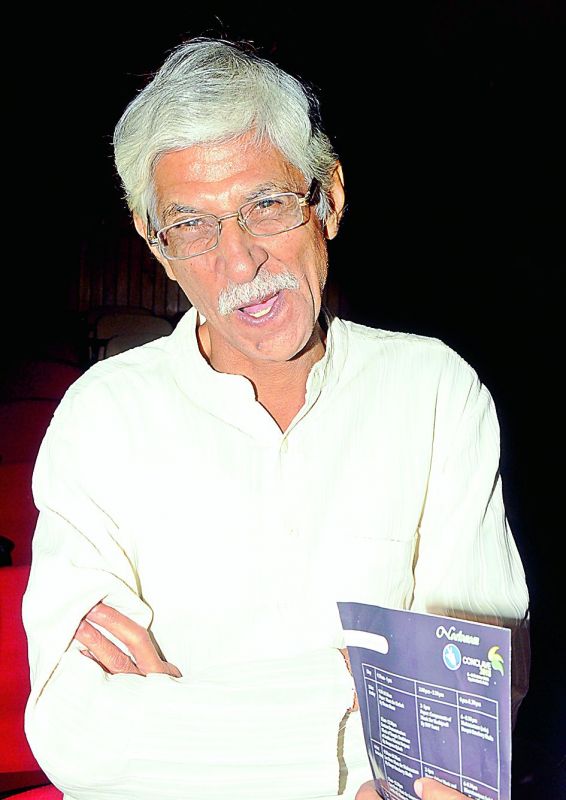 Dr Kiran Seth
Dr Kiran Seth
“All art forms aim at bringing in an abstract, inspiring and mystical experience to the audience. Performers may be trying to come down to the level of the audience. There could be some budget reserved by the public and private sector for artistes and organisations that are strongly rooted to tradition. Corporate social responsibility (CSR) is happening mainly in the tangible domain of improving infrastructure of educational institutions. It’s very important that some such support also comes for providing intangible experience to the youth who can get joy from being part of our culture,” he shares.
Bharatanatyam dancer Ananda Shankar Jayant felt that there was a big need for the artist community to share collective responsibility in improving the present situation.
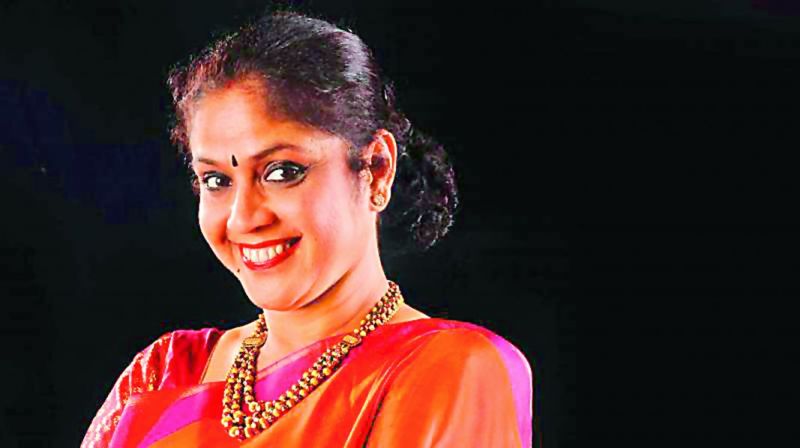 Ananda Shankar Jayant
Ananda Shankar Jayant
“Arts should be brought in education to see if even mathematics could be taught with help of Kathak dance vocabulary. Students being trained in dance should also develop skills for teaching. More quotas for jobs could be created for artistes on the lines of sports quota in public and private sector,” she shares.
HT02

